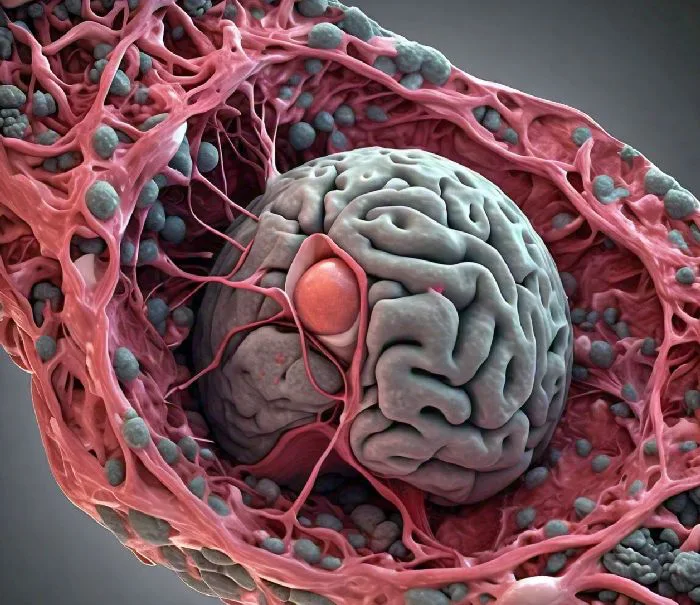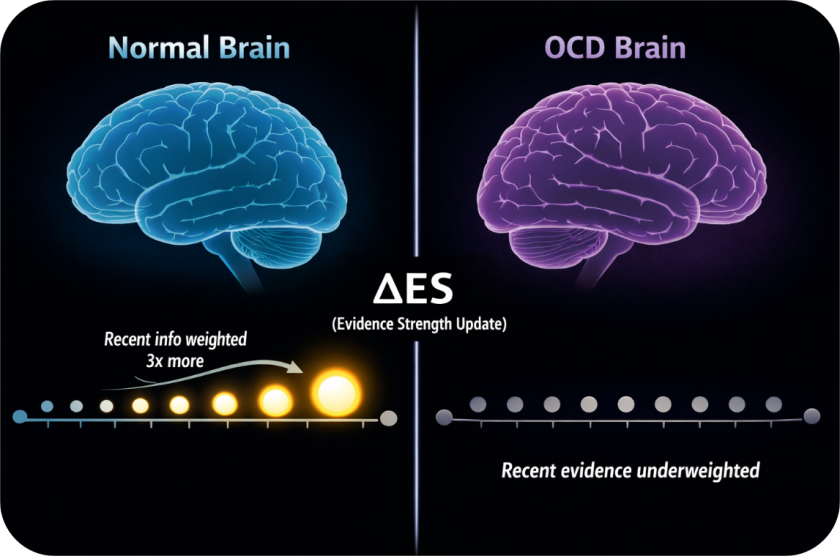
An international team of researchers from the academia of Canada and the U.S., has uncovered a new way that cancer cells use to invade the brain. Interestingly, the research team led by the Singh Lab at McMaster University has also found a new therapy that looks promising for blocking and killing these tumors.
As far as the available treatments like surgery, radiation, and chemotherapy are considered, their efficacy in eliminating tumors completely is not guaranteed. These procedures also limit patients’ survival to just a few months.
Nevertheless, the new treatment shows promise by destroying returning cancer cells at least 50% of the time. These results have been tested in preclinical animal models.
Research Focus and Methodology
To carry out the research, the scientists targeted glioblastoma. It is a type of cancer cell that specifically occurs in the brain or spinal cord. It tends to grow rapidly and spreads quickly into nearby brain tissue. Hence, it is extremely difficult to treat.
With the help of advanced gene editing techniques, researchers looked at the genes that these cancer cells rely on for survival. They compared the gene dependencies under the following two conditions:
- Initial Diagnosis: Gene dependencies when the cancer was first found
- Post-Treatment Recurrence: Gene dependencies after the cancer returned following typical treatments
This comparison helps them see how the cancer adapts over time.
New Pathway Discovery Could Block Glioblastoma Spread
By comparing gene dependencies, researchers found a new pathway involved in axonal guidance. It (axonal guidance) is a process that helps nerve cells grow and connect properly in the brain. Thus, it is an important mechanism for forming the brain’s normal structure.
However, team found that cancer cells can take advantage of this pathway. When cancer cells use this route, they can invade the brain and disturb its normal functions.
In glioblastoma, the tumor exploits this signaling pathway to penetrate and spread through the brain, explained Dr. Sheila Singh, professor with McMaster’s Department of Surgery and director of the Center for Discovery in Cancer Research. By blocking this signaling pathway, they can stop glioblastoma from spreading and invading other parts of the brain. This approach would also help in targeting and destroying tumor cells that cannot be surgically removed, potentially improving treatment outcomes, she further added.

New Drug and CAR T Cell Approaches
To prevent cancer cells from spreading, they are targeting a specific process, which is, the hijacked signaling pathway, in the body that these cells are exploiting. So, after careful examining the data, the team employed following two approaches:
- Drug Development: Researchers led by John Lazo at the University of Virginia are creating a drug to stop cancer cells from spreading.
- CAR T Cell Therapy: Kevin Henry and Martin Rossotti from the National Research Council Canada are working on a new treatment using CAR T cells to target this process in the brain.
CAR T cell is a type of immune cell, and the researchers tweaked so that it could recognize a specific marker (ROBO1) found on tumor cells.
How?
The team took out CAR T cells from the body of a cancer patient. Then these cells were modified in lab so that can specifically target and attack cancer cells that have a marker called ROBO1. After this editing, the cells are put back into the patient’s body, where they now know how to seek out and destroy the cancer cells, explained lead author Dr. Chirayu Chokshi, a former Ph.D. student who worked alongside Singh at McMaster University.
Researchers Singh and Chokshi believe that a new treatment could help with various invasive brain cancers. In the study, researchers examined models for the following three different types of cancer:
- Glioblastoma, which is common adult brain cancer.
- Lung cancer that spreads to the brain in adults.
- Medulloblastoma, a type of brain cancer in children.
The results showed that the treatment nearly doubled how long the mice with these cancers lived. For two of the three cancer types studied, over half of the mice had their tumors completely eliminated.
Takeaway
Effective blockage of this pathway may decrease the likelihood of tumor recurrence after initial treatment. Accordingly, it will lead to longer periods of remission.
If the therapy translates successfully from animal models to humans, the new CAR T cell therapy will surely become the next enhanced treatment option for brain cancers. Thus, expanding the scope of CAR T cell therapies and precision medicine.
Via: McMaster University



